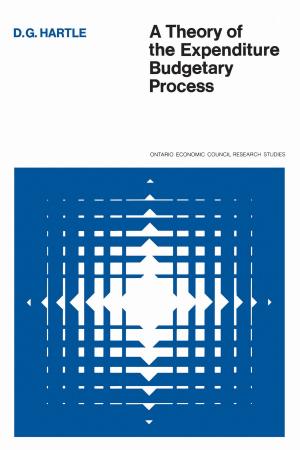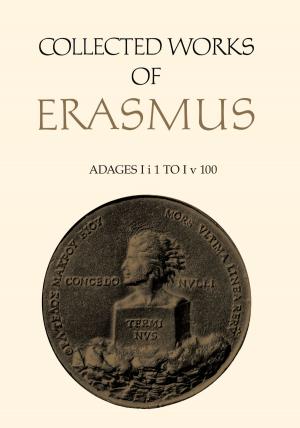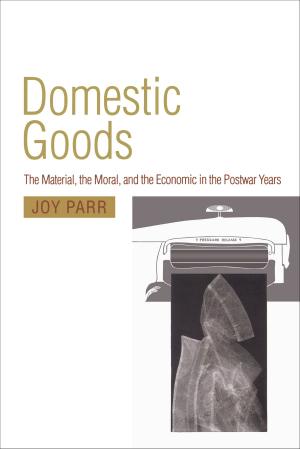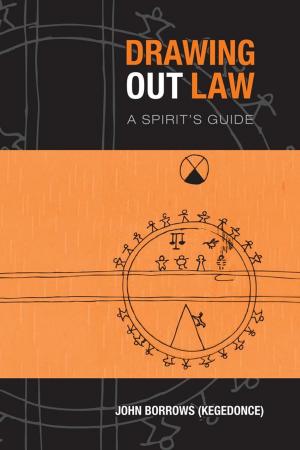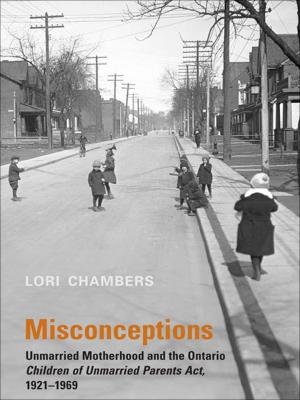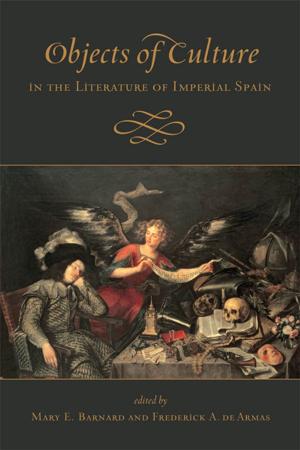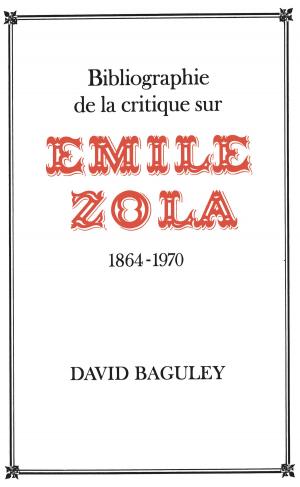Colloquies
Fiction & Literature, Literary Theory & Criticism, Reference, Nonfiction, History, Renaissance| Author: | Desiderius Erasmus, Craig Thompson | ISBN: | 9781442655379 |
| Publisher: | University of Toronto Press, Scholarly Publishing Division | Publication: | December 15, 1997 |
| Imprint: | Language: | English |
| Author: | Desiderius Erasmus, Craig Thompson |
| ISBN: | 9781442655379 |
| Publisher: | University of Toronto Press, Scholarly Publishing Division |
| Publication: | December 15, 1997 |
| Imprint: | |
| Language: | English |
Erasmus' Familiar Colloquies grew from a small collection of phrases, sentences, and snatches of dialogue written in Paris about 1497 to help his private pupils improve their command of Latin. Twenty years later the material was published by Johann Froben (Basel 1518). It was an immediate success and was reprinted thirty times in the next four years. For the edition of March 1522 Erasmus began to add fully developed dialogues, and a book designed to improve boys' use of Latin (and their deportment) soon became a work of literature for adults, although it retained traces of its original purposes. The final Froben edition (March, 1533) had about sixty parts, most of them dialogues.
It was in the last form that the Colloquies were read and enjoyed for four centuries. For modern readers it is one of the best introductions to European society of the Renaissance and Reformation periods, with lively descriptions of daily life and provocative discussions of political, religious, social, and literary topics, presented with Erasmus's characteristic wit and verve. Each colloquy has its own introduction and full explanatory, historical, and biographical notes.
Volumes 39 and 40 of the Collected Works of Erasmus series – Two-volume set.
Erasmus' Familiar Colloquies grew from a small collection of phrases, sentences, and snatches of dialogue written in Paris about 1497 to help his private pupils improve their command of Latin. Twenty years later the material was published by Johann Froben (Basel 1518). It was an immediate success and was reprinted thirty times in the next four years. For the edition of March 1522 Erasmus began to add fully developed dialogues, and a book designed to improve boys' use of Latin (and their deportment) soon became a work of literature for adults, although it retained traces of its original purposes. The final Froben edition (March, 1533) had about sixty parts, most of them dialogues.
It was in the last form that the Colloquies were read and enjoyed for four centuries. For modern readers it is one of the best introductions to European society of the Renaissance and Reformation periods, with lively descriptions of daily life and provocative discussions of political, religious, social, and literary topics, presented with Erasmus's characteristic wit and verve. Each colloquy has its own introduction and full explanatory, historical, and biographical notes.
Volumes 39 and 40 of the Collected Works of Erasmus series – Two-volume set.

